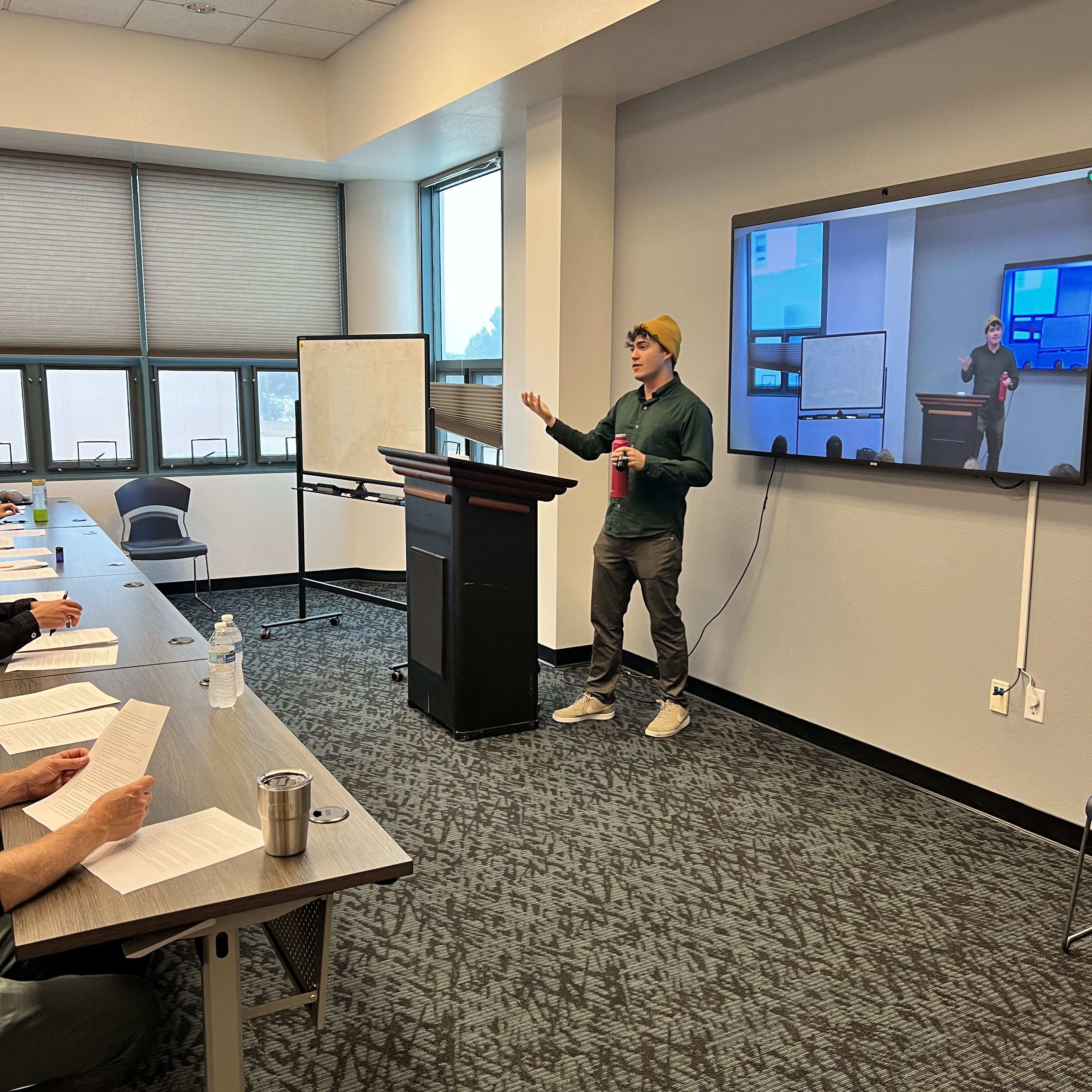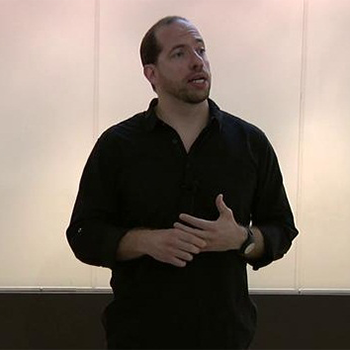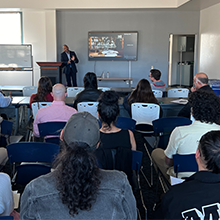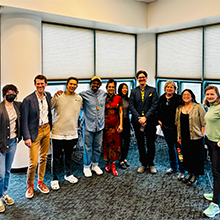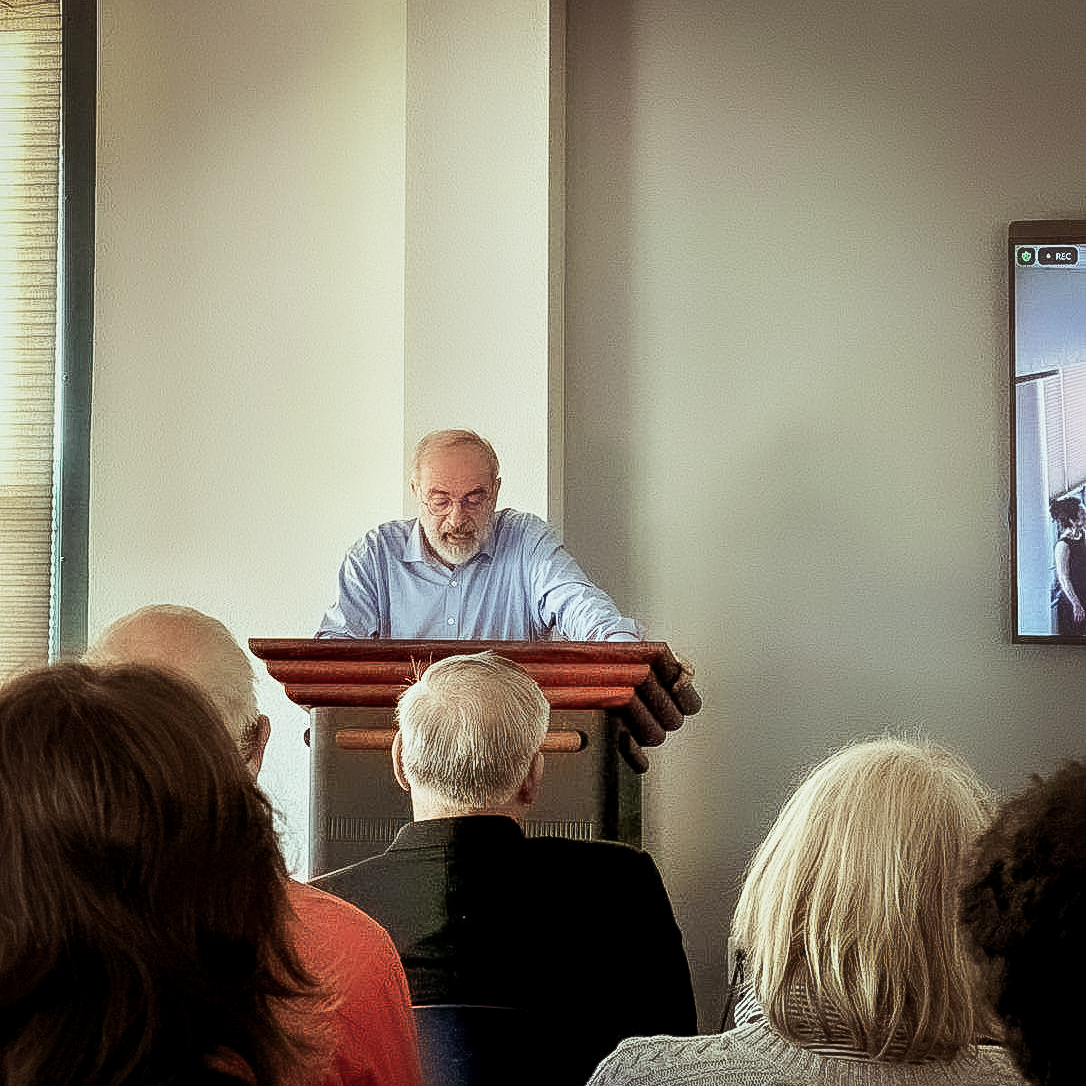The Chin-Plaisance Philosophy Colloquia Series is generously funded by donations from Elaine Plaisance and Kenny and May Chin. The series expands educational opportunities for students by bringing cutting-edge and impactful philosophical reflection to the campus community. Below is a list of upcoming and past events.
